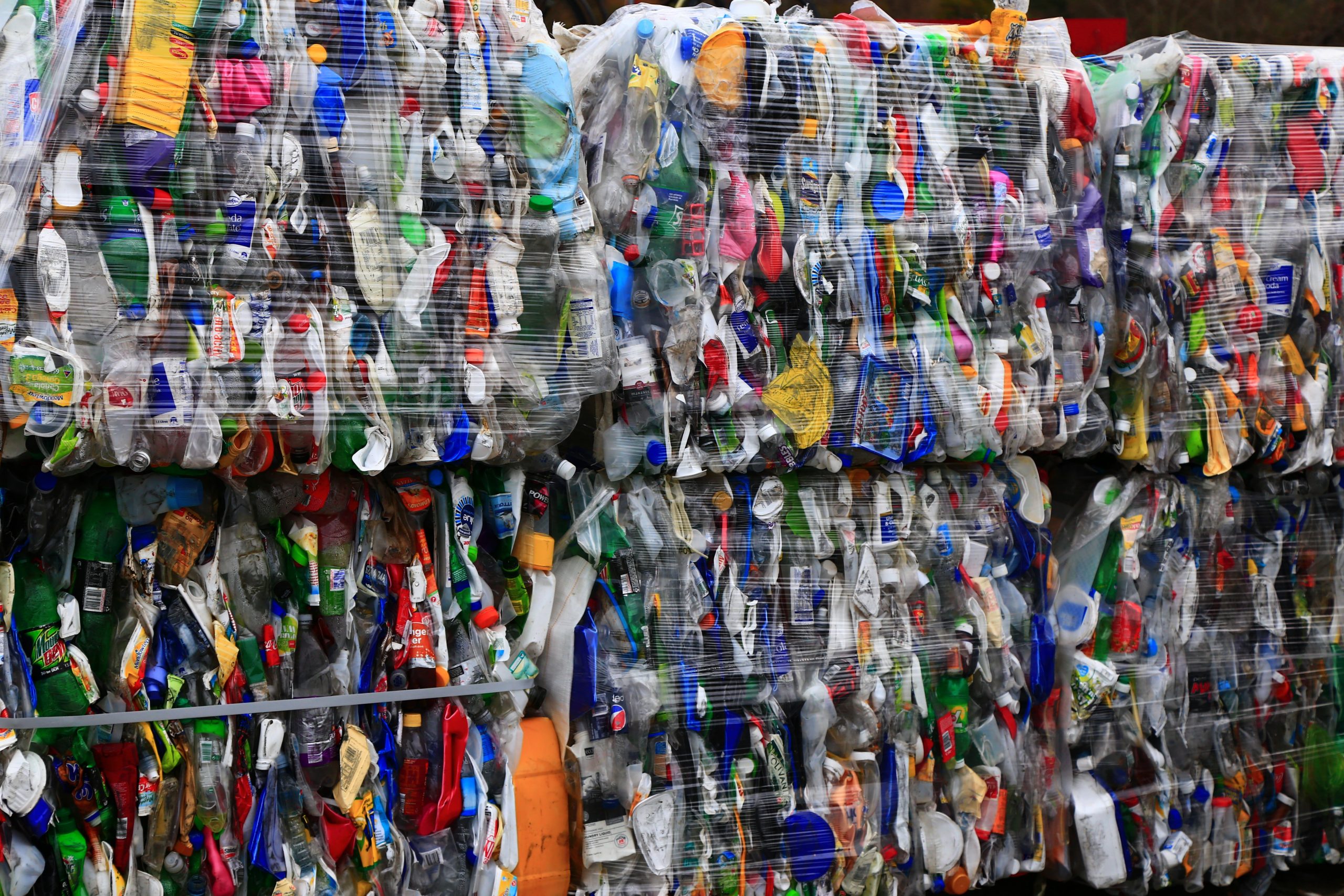The Gulf nation is introducing environmental solutions to meet the sustainability goals associated with hosting this year’s World Cup.
In a bid to deliver a ‘sustainable’ World Cup this year, Qatar’s Ministry of Municipality carried out its first successful trial operation for one of three mobile waste transfer stations.
The organising body, Supreme Committee for Legacy (SC) will work with the General Cleanliness Department to deploy the stations close to major events set to be held during the global tournament in November.
The stations aim to efficiently collect waste while facilitating the transfer process with the help of greener, cutting-edge technology, said Hassan Nasr al-Nasr, assistant director of the Department of Waste Recycling and Treatment.
He also noted that they will enhance public hygiene at World Cup sites that are expected to witness a large number of visitors while preserving the environment and supporting the ministry’s sustainability goals.
Large vehicles will be set in motion to transfer seven times the load of the current trucks the country is using, from 3-7 tonnes to almost 22 tonnes, relieving pressure on public facilities and on roads.
The first trial was effective, with the rest set to take place soon. The three stations, however, will be fully deployed and in motion in time for the World Cup.
How will recycling work?
With around one million visitors expected soon, proper waste management has been one of the country’s top priorities to ensure a sustainable and greener tournament.
Recycling bins will be available all across the country to help ease the waste management process. The waste will then be collected by the trucks from set locations, then will be transported to the waste treatment center for disposal.
Various facilities will be available to implement proper waste segregation, and an advanced machine will be ready to compose organic waste such as leftover food, biodegradable packaging, and grass clippings.
Meanwhile, non-recyclable materials will be sent to Qatar’s Domestic Solid Waste Management Centre, to be incinerated and converted into energy.
It is expected that a baler machine will be used to compress the plastic waste to make it more manageable, similar to how the country achieved ‘zero waste’ FIFA Arab Cup last year.
This way, all waste will either be turned into fertilisers, electricity or sent to be recycled accordingly.
During the Arab Cup, 70% of the rubbish generated throughout the tournament in all venues was successfully recycled at Al Bayt Stadium.
Every stadium recycled at least 42% of the waste generated. The remaining were sent to the waste management centre to be converted into energy, achieving a ‘zero waste’ tournament and highlighting Qatar’s dedication to greener initiatives.







